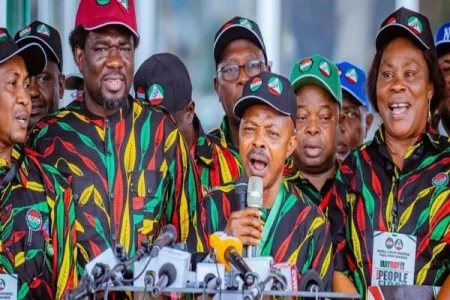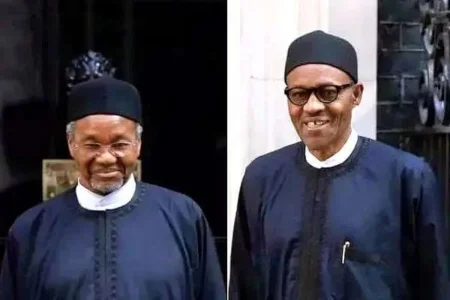
The Organised Labour rejects the Federal Government's ₦60,000 minimum wage offer, standing firm on ₦494,000 demand. Deadlocked negotiations persist as talks fail to reach a consensus. Labour insists the current ₦30,000 wage insufficient for workers' welfare, pressing for a substantial increase to align with economic realities.
The Organised Labour, comprising the Nigeria Labour Congress (NLC) and the Trade Union Congress (TUC), has again rejected the Federal Government’s proposal of a ₦60,000 minimum wage. This follows last week’s rejection of the ₦57,000 offer, as the Labour unions continue to press for a substantial wage increase to ₦494,000.
The Tripartite Committee, responsible for negotiating the new minimum wage for Nigerian workers, remains deadlocked after today’s meeting. Labor representatives and the Organised Private Sector (OPS) had seen the government increase its proposal from ₦48,000 and ₦54,000 to ₦60,000, yet this was still deemed insufficient by the Labour unions.
Previously, the Labour unions had proposed a ₦615,000 minimum wage but adjusted their demand to ₦497,000 last week, and then to ₦494,000 during today's discussions. The current minimum wage of ₦30,000, established by the Minimum Wage Act of 2019, has expired as of April 2024. The Labour unions argue that the outdated wage can no longer meet the economic needs of workers amidst the rising cost of living and inflation.
NLC President Joe Ajaero criticized the government’s proposal, describing it as “unsubstantial” and inadequate for meeting the needs of Nigerian families. Ajaero emphasized the widening economic gap between the working class and the bourgeoisie, calling for a harmonized approach to economic policies that address the disparity.
With only three days remaining until the May 31 deadline set by the Labour unions for the government to finalize the new wage agreement, the situation remains tense. The unions have warned of potential industrial actions if a satisfactory resolution is not reached, underlining the urgency and critical nature of these negotiations for the future welfare of Nigerian workers.




